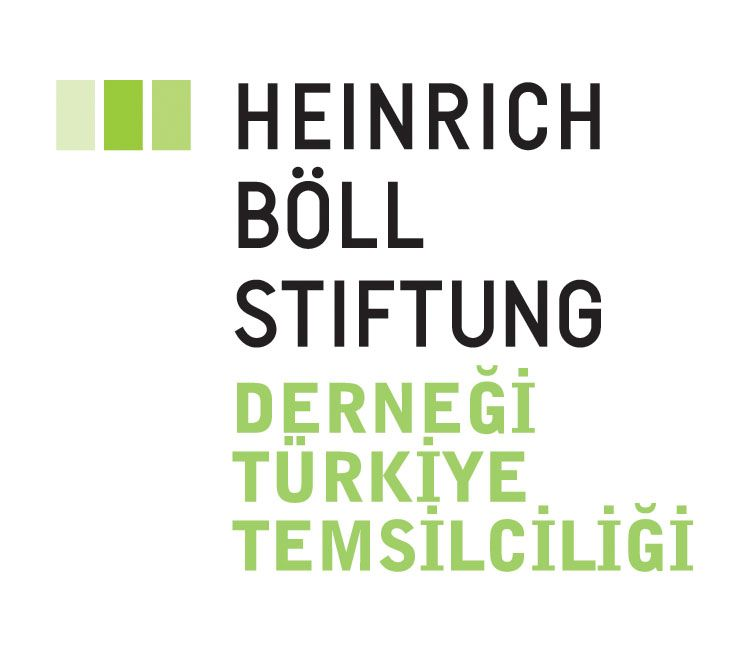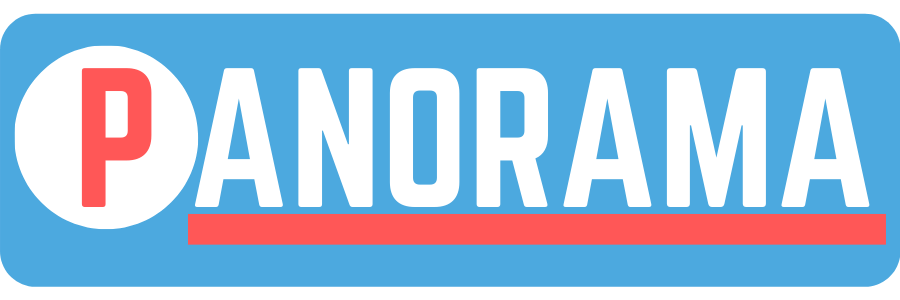
Foreign policy experts seldom focus on institutions that affect a country’s economic development dynamics when conducting foreign policy analysis, as they often think these are out of scope. Although many aspects of the economy related to foreign policy are included in the discussions, it is rare to focus on institutions that affect economic development at home. Similarly, economists rarely look at the foreign policy aspect of growth in their analysis of Turkey. Even though external factors and critical foreign policy choices are included in the scope of the discussions, foreign policy-making processes and the relationship between these processes and institutions that affect economic development is not a subject to be focused on. However, as an increasing number of studies emphasize, there is a direct interaction between these two, affecting Turkey’s economic development process and foreign policy preferences. To put it briefly, “developmental foreign policy” is essential to successful developmentalism under today’s circumstances.
First, it should be emphasized that which institutions trigger economic development is a controversial issue. There is no consensus on the concept of “institution” itself. This paper defines institutions as “the rules of the game” per Douglass North’s definition. Institutions described in this way shape the preferences and behaviors of actors on the one hand, and they are shaped by them in return. Formal (laws, regulations, etc.) or not (norms, values, culture, etc.) institutions ensure predictability in the system. They are more than organizations. For instance, in general usage, the Ministry of Industry and Technology is a government institution. However, the concept of institution used in political economy analyses also covers the rules that the Ministry of Industry and Technology has contributed to the formation of, created, or affected by. For example, the Technopark Law or the R&D Law are formal institutions in this context. In what ways actors’ preferences and behavior are affected by how laws are interpreted and implemented is about informal institutions.
Different types of state-led developmentalism have emerged as prominent development models under the current global conjuncture. Although there is no consensus on definitional issues, concepts such as state capitalism, developmental state, and entrepreneurial state concentrate on different dimensions of state-led development. Analyses in this line of thinking usually adopt an institutionalist perspective. The leading institutions in this regard are related to state structure and state-society relationships. Besides genuine political will, critical institutions of 21st-century developmentalism are as follows: (i) institutions that ensure professionalism and meritocracy in bureaucracy, (ii) whether centralized or decentralized, institutions that prioritize entrepreneurship and innovation in the state-society relationship, and (iii) institutions ensuring the legitimacy of policymaking and implementation processes (outcomes also) by the general public. The institutionalist perspective asserts that these institutions’ degree of effectiveness conditions a country’s switch to high value-added production, position in global value chains, and economic development.
What do all these issues, namely domestic institutions conditioning the success of a country’s economic development initiatives, have to do with foreign policy? What does this mean in the context of Turkey’s foreign policy? These two questions can be examined based on our co-authored article with Mustafa Kutlay.
As indicated above, bureaucratic structure, the functioning of the bureaucracy, and how the state-society relationship is institutionalized affect the economic development of a country. The same holds for foreign policy’s purpose, outcome, and policy-making process. To exemplify in the context of Turkey’s diplomatic network in the world, it is said in the news published in November 2019: “Turkish diplomacy continues to expand its network in the world with the goal of ‘Strong Turkey on the Field and at the Table.’ Eighty-three new foreign representative offices have been opened in the last 17 years. The number of diplomatic missions, 163 in 2002, increased to 246.” As frequently emphasized in the press, Turkey is thus the fifth country with the highest number of foreign representative offices worldwide. An important goal of foreign representative offices is to help increase exports and support Turkey’s economic development. The Minister of Foreign Affairs, Mevlüt Çavuşoğlu, emphasized this aim of the offices with the following words: “Each of our friends (ambassadors) has a goal. To increase Turkey’s exports to the country where they are located and accredited.”
Increasing the number of foreign representative offices is a step taken in the right direction and a significant development. However, some issues need to be evaluated from an institutionalist perspective for Turkey to achieve exceptional export-led development success, like the “Asian Tigers.” For instance, how are foreign representative offices structured to help increase exports? How long in advance do the officials learn in which region or country they will work? For how long do they stay on duty? Do the officials have the time to learn countries’ languages and the nature of their institutions before their assignment to posts? To what extent are these issues and processes improved by getting feedback from diplomats and officials? To what extent are the expectations of umbrella organizations representing the business world and the private sector more generally considered? To what degree are feedback mechanisms inclusive and institutionalized? These and similar questions are crucial.
To exemplify, the following statement that is taken from a MUSIAD report on trade diplomacy, which was published in 2018, is suggestive: “considering the literature on trade diplomacy, positive and negative outcomes of implementations, and the business world’s expectations, it is of great importance for the Turkish economy to switch to a new model based on trade diplomacy, in which both the public and private sectors play a role.” The following suggestion in the same report is also related to this statement.
“Entrepreneurial and business-oriented diplomats who cooperate with a wide variety of institutions and organizations should replace classical diplomats who perform their duties in isolation within the central bureaucracy. Even if the office coordinating trade diplomacy is established by the state, the business representatives working in this office must be more than public employees. Thus, the business world will be able to put into practice the new ideas and strategies it has developed directly through this unit. Reorganization of representative offices abroad (responsible for economic relations) in this way is of critical importance.”
These suggestions highlighted in the MUSIAD report for Turkey to pursue an effective developmental foreign policy are necessary. It is also essential that there is good cooperation among state organizations that focus on economic development and foreign relations. Having enough officials working abroad under a conducive bureaucratic structure is necessary. These officials should be able to follow both the market conditions there (potential sectors, investment areas, etc.) and conditions in Turkey (investor profile, etc.). In addition, a nodal state agency should ensure bureaucratic coordination and monitor the operation and performance of the system with the necessary feedback mechanisms and impact analysis. In brief, all institutions that affect economic development at home should also work in foreign policy, which should be designed by considering the country’s development goals. It is seen that these mechanisms have been implemented to a large extent in the successful cases of “trading states” such as Germany and South Korea.
All this analysis prompts the following question: According to the institutionalist perspective presented here, to what extent has Turkey become a “resilient” trading state between 2002 and 2010? In other words, if Turkey had been an institutionalized trading state like Germany and South Korea in this period, would it have followed a more pragmatic strategy (prioritizing economic relations) when faced with post-2010 global and regional shocks (especially Arab uprisings)? On a different note, to what extent are policy-making processes related to state support for increasing exports in the defense industry sector, where successful initiatives are currently observed, systematic and participatory? To what extent does the private sector get state support in building and improving foreign relations? What roles do foreign representative offices play in this context? It is essential to examine all these questions that relate economic development to foreign (economic) policy in detail.
To conclude, if an institutionalist and political economy perspective is taken on the multi-dimensional issue of foreign policy, it can be seen that Turkey aims to pursue a developmental foreign policy today. This is so when neoliberal globalization is weakening and more state-led and protectionist globalization is dominant. Nevertheless, it should be noted here that Turkey’s realization of its envisaged developmental foreign policy will also depend on to what degree the institutions mentioned above will function. Institutionalized participatory policy-making processes will prevent drastic economic and foreign policy drifts caused by changing internal and external conditions, strengthening the consistency of long-term strategic plans. From this angle, it would be useful to examine the steps and initiatives taken on economic development and foreign policy.
* This elaboration draws on the following study: Karaoğuz, Hüseyin Emrah, and Mustafa Kutlay. 2022. “The Ties That Don’t Bind: Trading State Debates and Role of State Capacity in Turkish Foreign Policy.” Southeast European and Black Sea Studies 0 (0): 1–21, DOI: 10.1080/14683857.2022.2109828.

H. Emrah Karaoğuz is an assistant professor at Kadir Has University, International Relations Department. His research is mainly on international/comparative political economy, political economy of development, and political economy of foreign policy. His articles have appeared in Third World Quarterly, Globalizations, Southeast European and Black Sea Studies, and Turkish Studies among others
To cite this work: Emrah Karaoğuz, “Institutions, Economic Development and Foreign Policy: An Institutional Perspective on Turkey’s Foreign Policy”, Panorama, Online, 31 January 2023, https://www.uikpanorama.com/blog/2023/01/31/ek/

This article has been prepared with the support provided to the International Relations Council and the Global Academy by the Heinrich Böll Stiftung Association Turkey Representative within the scope of the project titled ‘Foreign Policy for the 21st Century; Peaceful, Equitable, and Dynamic Turkey’.
Copyright@UIKPanorama. All on-line and print rights reserved. Opinions expressed in works published by the Panorama belongs to the authors alone unless otherwise stated, and do not imply endorsement by the IRCT, Global Academy, or the Editors/Editorial Board of Panorama.



